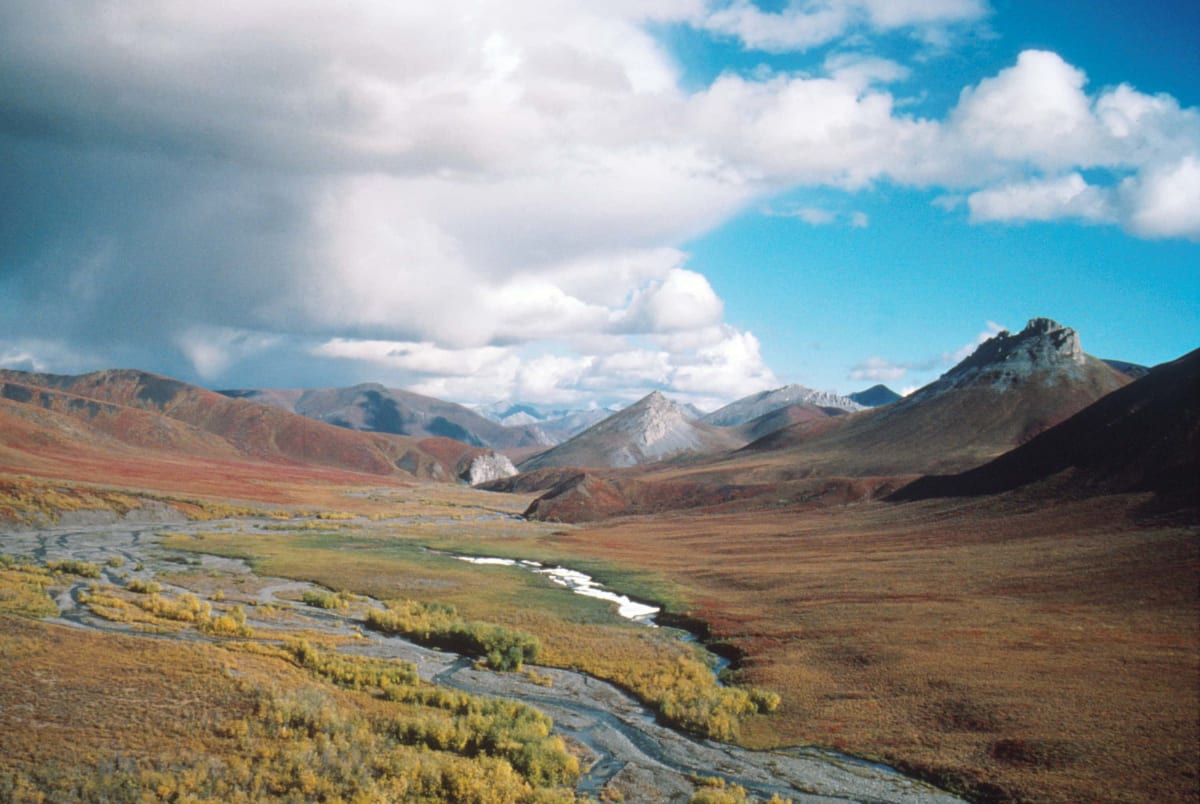Alaska hit by magnitude 8.2 earthquake, aftershocks trigger Tsunami advisory and evacuations

A shallow earthquake of magnitude 8.2 reportedly struck the Alaska Peninsula late on Wednesday, July 28, prompting tsunami warnings in the region. The quake hit 91 km southeast of the town of Perryville. There have reportedly been at least two strong aftershocks, including a preliminary magnitude 6.2 and magnitude 5.6.
The National Tsunami Warning Center (NTWC) in Alaska also issued warnings for southern parts, the Peninsula, and Pacific coastal areas from Hinchinbrook Entrance to Unimak Pass. At the same time, the Pacific Tsunami Warning Center (PTWC) issued a warning for Hawaii and territory of Guam.
However, the tsunami watch for Hawaii was later canceled and the tsunami warning for Alaska was downgraded to a tsunami advisory, as the threat for a tsunami following the 8.2 earthquake appeared to be diminishing.
READ MORE
5.9 magnitude earthquake rocks California-Nevada border, leads to dozens of aftershocks

As per the Daily Mail, an emergency alert sent to people's phones read: “The National Weather Service has issued a TSUNAMI WARNING. A series of powerful waves and strong currents may impact coasts near you. You are in danger. Get away from coastal waters. Move to high ground or inland now. Keep away from the coast until local officials say it is safe to return.” Police in Kodiak, the largest town on the island of Kodiak, advised residents to move to high ground, adding that the high school was open as an evacuation location.
As per the US Geological Survey (USGS), the earthquake, which struck at 10:15 pm was at a depth of 35 km. However, as per the USGS, the depth was recalculated to 46.7 km, which as per Volcano Discovery, “fortunately reduces the destructive potential of a tsunami if generated by the movements of the quake. The closer the quake is to the seafloor and the more vertical movement is involved with the quake, the more of its energy will be transferred to the water, creating a tsunami wave.”
As per a report in Reuters, the European-Mediterranean Seismological Centre (EMSC) estimated the quake at a magnitude of 8.0 and a depth of 10 km. The USGS had earlier pegged the magnitude of the quake at 7.2.
According to the Alaska Earthquake Center, magnitude six and seven earthquakes can nearly happen anywhere in Alaska. And of over 220,000 earthquakes in Alaska over the last five years reported by the Center, 26 had magnitudes of six or greater, and three had magnitudes of at least seven. Seventy-five percent of all earthquakes in the United States with magnitudes larger than five happen in Alaska.
The deadliest one, however, took place on March 27, 1964, at 5:36 pm local time. The earthquake of magnitude 9.2 occurred in the Prince William Sound region of Alaska. The earthquake rupture started approximately 25 km beneath the surface, with its epicenter about 120 km east of Anchorage. The earthquake lasted approximately 4.5 minutes and is the most powerful recorded earthquake in U.S. history. It is also the second-largest earthquake ever recorded, next to the M9.5 earthquake in Chile in 1960.
As per the Alaska Earthquake Center, the area where there was significant damage covered about 130,000 sq km. The quake triggered many landslides and avalanches. Major structural damage occurred in many of the major cities in Alaska. The damage totaled 300-400 million dollars at the time. The number of deaths from the earthquake totaled 131 -- 115 in Alaska and 16 in Oregon and California. The death toll was relatively small for a quake of this magnitude because of low population density, among other factors.










